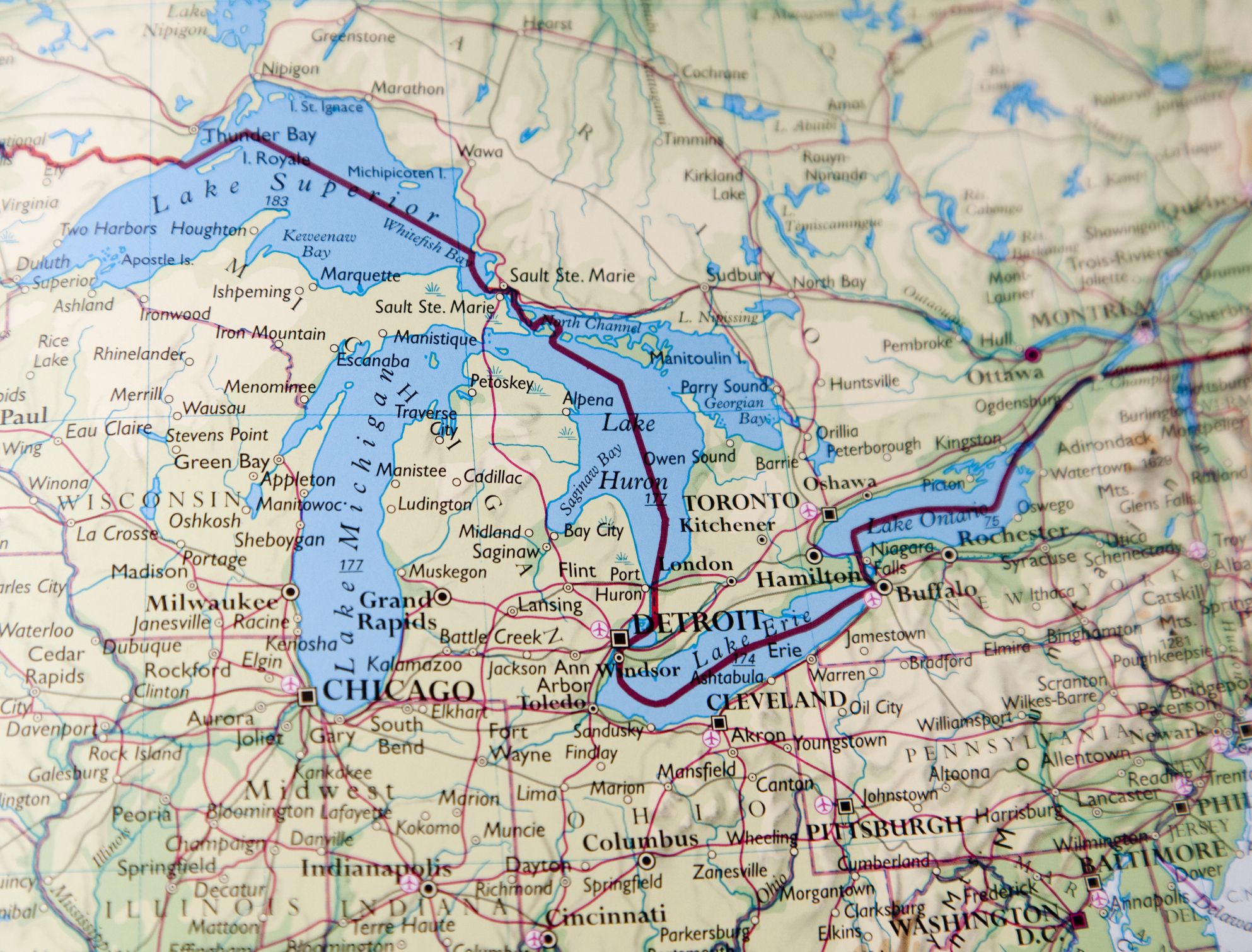1. SAD lakes
The Great Lakes had a tough year. Lake Erie is not looking so healthy, Asian Carp continue their inexorable marathon towards ecosystem disruption, and Donald Trump threatened the $300 million in annual funding for the Great Lakes Restoration Initiative. Dismal this all may be, but the response to the latter was rousing. In response to the president, U.S. and Canadian communities and their representatives rallied around the Great Lakes and promised new projects and funding. Best of all, the U.S. house of representatives managed to preserve the funding that can make our lakes great again.
63 U.S. Representatives Write Letter for Great Lakes Funding
2. Boundary-pushing
Canadians prove, again, that they are one of the foremost practitioners of transboundary water management. We are far from perfect water guardians, but the successful signing of the second bilateral management agreement between Yukon and B.C. is cause for celebration. Progress is possible.
B.C. and Yukon Sign Shared Waters Agreement
3. Made-in-Manitoba Watersheds Act
Manitoba announced legislation that would improve the health of lakes and waterways throughout the province by instituting a stronger watershed management regime through the new sustainable watersheds act. The new legislation includes provisions for protecting wetlands, improving approval processes and enforcement for drainage projects, and modernizing the conservation districts program
Man. Introduces Sustainable Watersheds Act
4. Framing floods
This is one of the most promising endeavours undertaken by the federal government to improve national understanding of our water systems. It’s a giant boost to the jurisdictions actively engaged in managing flood risk for the federal government to provide this overarching framework. This is something that will make a difference.
Canada Releases New Floodplain Mapping Framework
5. Control issues
Tailings water is a huge environmental problem, a 1.18 trillion litre problem in Alberta that is not being adequately addressed. So, it was unfortunate to learn that the federal government chose to exculpate itself from accusations that it has been doing less than the law requires to monitor the leakage of oil sands tailings water into ground and surface water sources. This is not a happy story, but it’s one that should be taken note of, because addressing the problem requires maximum engagement from authorities.
Tailings Pond Pollution Controls Are Effective, Feds Argue









